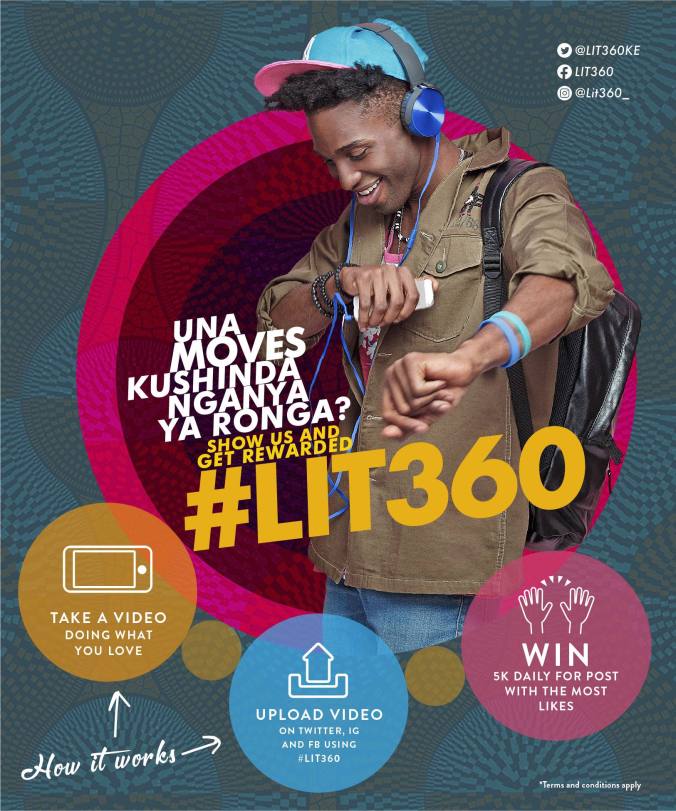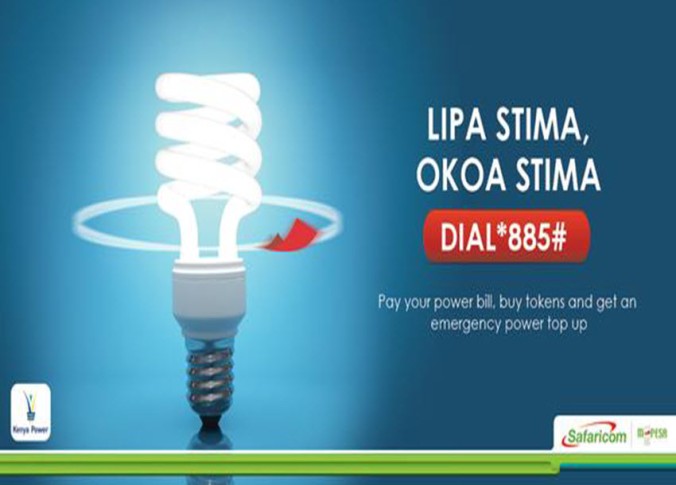
Like clockwork, behind every mega corporate launch in Kenya is a law suit over allegedly ‘stolen’ intellectual property (IP). In a recent High Court ruling in Incognito Productions Limited & another v Nation Media Group [2018] eKLR, the learned judge appeared to sympathise with the Plaintiffs but not enough to grant their application for a temporary injunction against the Defendant, one of Kenya’s largest media conglomerates that recently rolled out a multi-million shilling project dubbed ‘Lit Music’.
The face of Lit Music (which is really just a record label) is ‘LIT 360’, a 1-hour programme made available simultaneously on Nation’s radio, television and digital platforms. LIT 360 was designed with the aim of talent scouting, soliciting and harvesting content, as well as distribution, marketing and promotion of musical talent. As readers may have undoubtedly figured out by now, the Plaintiffs’ claim is that Nation unlawfully appropriated their concept which underlies Lit Music and LIT 360 based on a series of confidential business proposals made to Nation by the Plaintiffs between July 2016 and March 2017.


